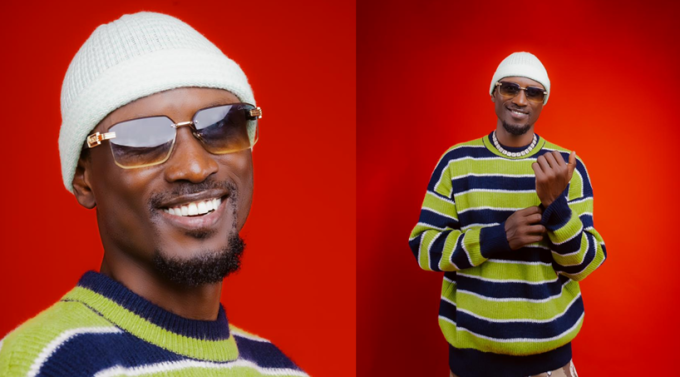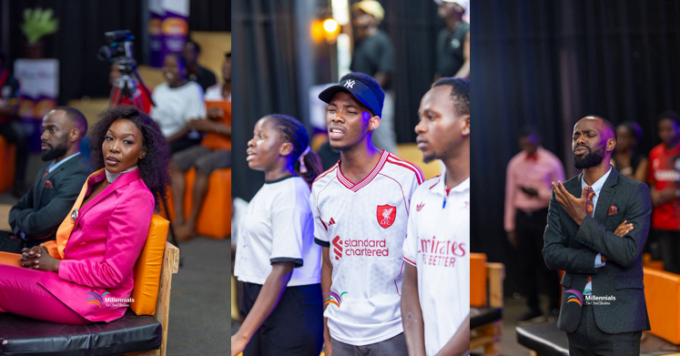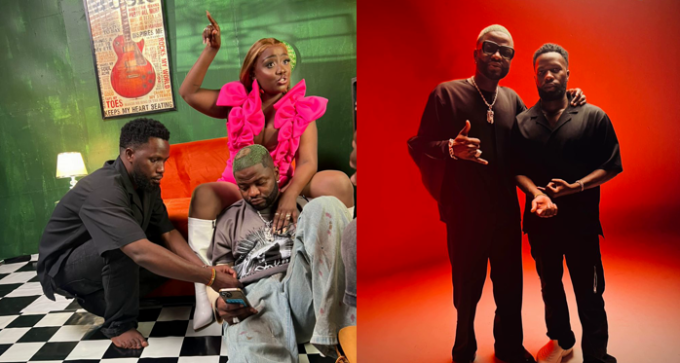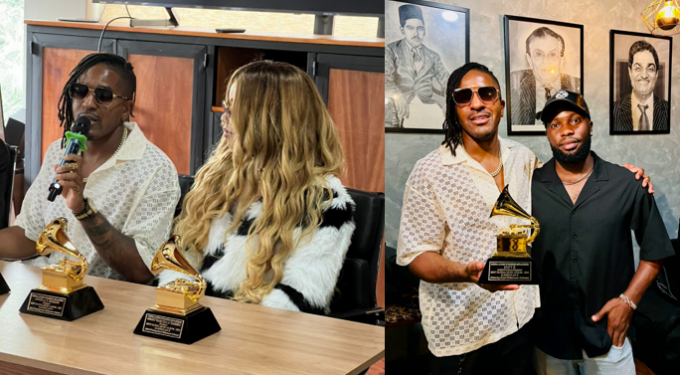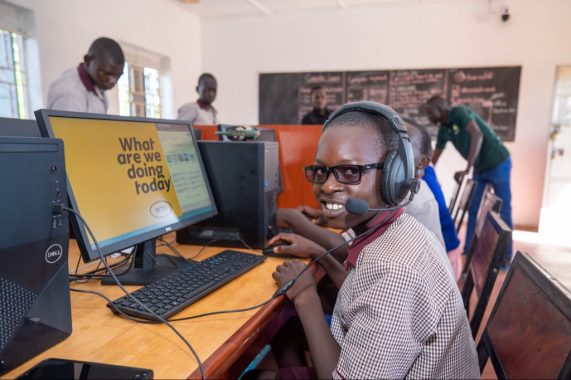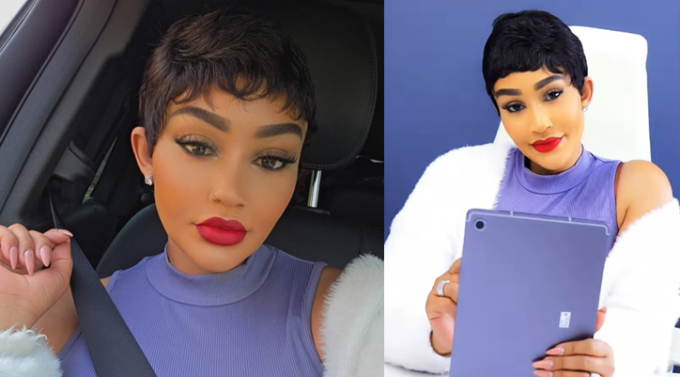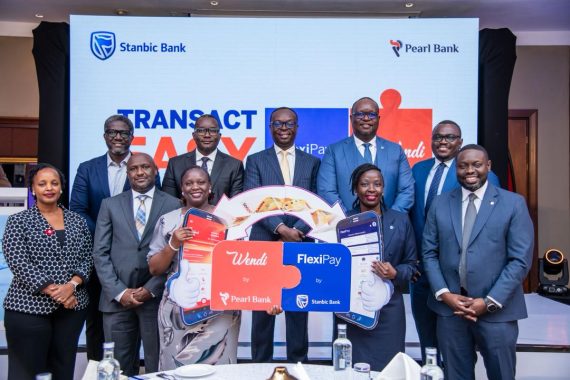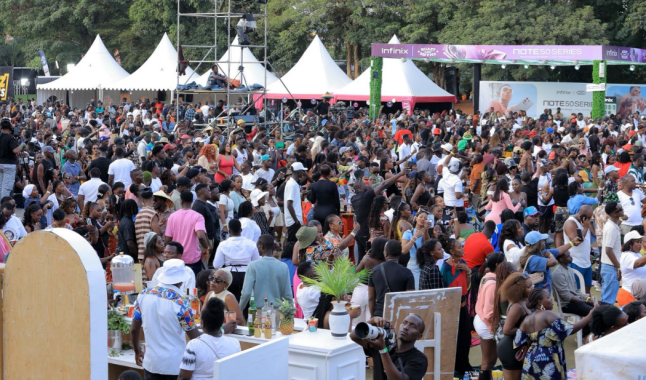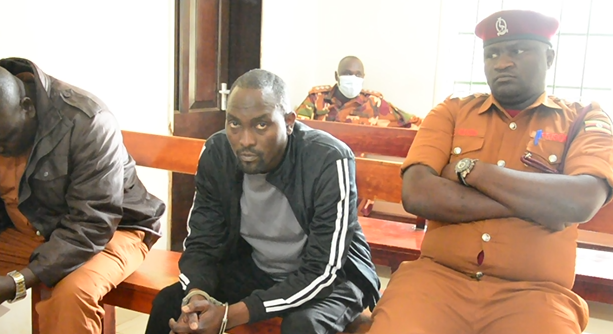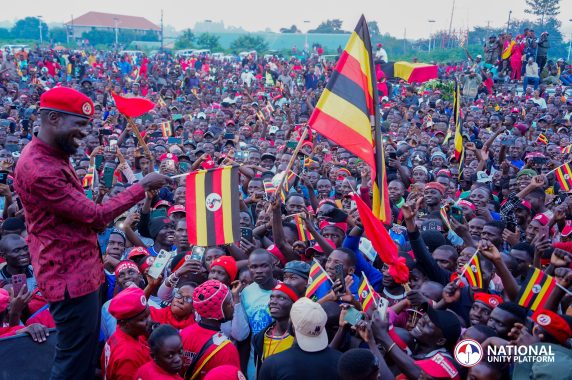Having a dream is one thing; turning that dream into reality is another. Everyone dreams, not just in the sense of going to bed and having visions during sleep. Consider it in the context of a goal, objective, vision, purpose, or ambition that you are deeply committed to achieving, and for which you would be willing to sacrifice many things, including your comfort, career, or even letting go of relationships to realise that dream.

I have had the privilege of interacting with many people across different sectors, from businessmen to politicians, scholars, academics, and even religious and cultural leaders. Each of them has a place where they started, a place where they dreamed of turning something visionary into something visible, tangible, and manifest.
As Walt Disney once said, “All our dreams can come true, if we have the courage to pursue them.” This is precisely what distinguishes dreams from wishes—the courage to pursue them. Apollo BW is a Ugandan-born musician who has lived in the United States for the past 15 years. He began his career in tech but, over time, developed a desire to see the quality of music produced back home improve and reach a global audience.
This dream drove him to establish a recording studio to help artists achieve their envisioned goals. Determined to set the example himself, Apollo decided to leave everything else behind and focus solely on music as his profession. I sat down with him to gain an understanding of what inspired him to pursue a career in music, and the strategies he has employed to achieve his goal of bringing Ugandan music to the global stage.

Interview:
Tell us a bit about your musical journey and how you got started?
It’s quite a long story, but my interest and passion for music began way back when I was in primary school. I couldn’t pursue a career in music at the time due to the negative perceptions our parents had about musicians back then. Even society viewed musicians as troubled youths with nothing else to pursue in life, which discouraged many young people from going into music.
I then became interested in being a DJ, but it was the same issue; no one would allow you to pursue that as long as you were under their care. I moved to the US in 2009, but when I returned, I realised that the music artists were making was only aimed at the local audience; our music wasn’t even able to compete with artists from the central region.
I met with a group of musicians, DJs, and producers to understand why this was the case, but it quickly turned into a blame game, with each side pointing out the others’ weaknesses. This compelled me to take action, one of which was opening a studio with quality equipment to enable artists to record better music, while also showing them the importance of branding and marketing their work.
What became frustrating was that many of them would share their vision, and I would be open to supporting it, but when it came to execution, the artists would make excuses and fail to complete the work. Some began to feel proud and deviated from the goals they had originally shared with me, focusing instead on personal issues.
One time, I jokingly told Emma (Emiz Loyo) that I would like to sing. I found him playing around with some beats in the studio and felt inspired to try it myself. He was astonished and thought I wasn’t serious. I went into the studio, and by the end of the day, I had produced my first song, titled “Ganana.”

What inspires your music, and who are some of your biggest influences?
What inspires my music is the desire to see our industry grow. I want to see the music industry in Mbale and Uganda reach a global scale. I dream of Ugandan artists filling stadiums and arenas in Europe and America, just like the Nigerians do.
That is what fuels my desire to pursue music. The frustration of seeing all the music consumed in the country coming from only the central region is another factor that inspires me. Our region has great potential to excel in music and creativity. However, this requires effort from everyone: the artists, producers, DJs, media, locals, and all stakeholders to elevate our music.
Your latest single (Ise Ninawe) has been making waves in the music scene. Can you share the story behind it?
Most of my music is inspired by my life experiences. I also draw from snippets of other people’s stories and lives. It’s these elements—love, joy, and friendship—that inspire my music. I perform for all audiences, young and old, so I aim to keep my music accessible and appealing to everyone. The story behind that song is essentially about love and friendship.
What’s your creative process like when writing and producing music?
Some of my music is written by me, and sometimes I work with a team that helps me. However, in most cases, I’m the one who thinks of the ideas and puts them into music. When I share my work with the team, we make small adjustments. I have a great team skilled in production, and they use the latest technology to create the best possible work.

Have you had any memorable performances or experiences as a musician?
I haven’t had any stage performances yet, but my most memorable experience as a musician was when my first song, “Ganana,” was played at Club El Tanjia for a sound test. The crowd loved it, and I saw people dancing to it.
When I moved closer to ask someone about the artist who performed it, they told me it was a Nigerian or an artist from Kampala. When I told the club MC that it was my song, he couldn’t believe it either. This made me realise that people will always appreciate good music, even when they don’t know the artist.
How do you stay connected with your fans, and what’s your favorite way to engage with them?
Interestingly, many people in Mbale and Uganda see me as a stakeholder in the music industry rather than as a musician. However, I do interact with many people I meet through social events and have recently assembled a team of social media managers to update and manage my profiles.
Do you leverage on the current technology and social media?
Yes, I do. Social media is a valuable tool, and I believe every artist should use it to market their music, brand themselves, and stay connected with their audience. However, many artists here view it as too much work, although I frequently advise them to stay connected and use it to build their brands.
What’s next for you? Any upcoming projects or collaborations you can share with us?
I haven’t done any collaborations yet and am not working on any at the moment. However, I am currently working on new projects. When I first arrived here, I did two video shoots for my songs, which will be unveiled soon. I also have two new songs in the works that will be released shortly. Trust me, these new projects are going to be fantastic, and I’m sure everyone will love them. I can’t wait to share them with everyone very soon.

How do you balance the creative and business aspects of being a musician?
I don’t compartmentalise my life based on what I should or shouldn’t be doing. I simply ask myself what needs to be done at a given time and then dive into it. Music is now my top priority. I’ve set everything else aside and am fully focused on pursuing a career in music. I view music as my number one priority because I have to enjoy it, and that enjoyment comes from my “why.” Since I enjoy music, why not pursue it? That’s how I approach things.
What specific genre of music do you focus on?
The dream is what I’m focused on. If I believe Afrobeat or pop will work, I’ll pursue it. Right now, I’m focused on my purpose and serving it. My goal is to reach the top, and I’m not limiting myself to any specific genre.
I started with Afrobeat because while Ugandan music is great, it’s mainly appreciated by Ugandans, so I wanted something that would appeal to a broader audience, including those outside Uganda. I’m not restricting myself; I’m diversifying and exploring all genres to go global. I’ve done the research, assembled a talented team, and we’re committed to achieving everything we set out to do.
What advice would you give to aspiring musicians just starting out?
My advice to anyone pursuing anything in life, whether in business, education, or a career, is to remain dedicated to what you’re doing. Leave no stone unturned and do everything possible to achieve the dream you’ve set your heart and mind on.
Invest in yourself and your goal, and take actions that help you reach everything you aspire to achieve. Additionally, build connections—no one can do it all alone. Surround yourself with people who will support, assist, and guide you to ensure your success. Finally, and most importantly, be there for others. Make an effort to support and stand by people in every way possible because we all need each other.
What is your view of the music industry in Mbale?
I wish the pace of growth in the industry could be faster, but I’m really pleased with the significant improvements and the positive direction it’s heading. I hope people don’t view the differences between artists as a big deal, but rather as an opportunity for growth in the industry. After all, we can’t all like the same artist or music, but we can support all of them for the benefit of our industry.
What is your last message to your fans and everyone following your journey?
It’s an exciting time in my life. I’ve achieved many things, but I’ve never been as devoted to anything as I am to music. I’m confident that we’re going to have a great time with my fans very soon. I’m committed to creating exceptional music for you, and there’s a lot more in store that I can promise. My hope is that my music will proudly represent the Ugandan flag and help propel the industry forward. I’m eager to see what the future holds for the industry and for all of us.





